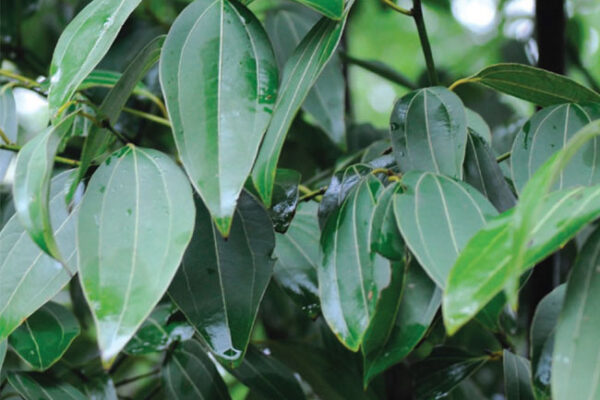Sensitivity to Cold or Heat Can Change Easily (Raynaud’s Phenomenon, etc.)
The terms “Yin Person” and “Yang Person” are often used, but they don’t have a fixed or scientifically recognized meaning. Generally, these terms are used to describe:
-**Yang Person**: Someone who tends to be warm or has more robust energy.
– **Yin Person**: Someone who feels cold more often or has lower energy levels.
While these categories may describe certain tendencies, it’s a misconception to view one’s predisposition to heat or cold as an unchangeable trait.
Over time, this sensitivity can naturally shift, and it can also be improved through treatment. It’s common for people to experience these changes as they age or after significant life events like childbirth.
The concept of sensitivity to heat or cold, as mentioned in the title, refers to the current state of the body rather than any fixed constitutional type, such as those found in traditional East Asian medicine like Sasang or the Eight Constitutions.
In traditional Korean medicine, the reasons for heat generation can be explained in several ways.
Personally, I explain it by saying that when *qi* (energy or material) accumulates in one place, it generates heat.
This is similar to how the universe is cold and dark despite being filled with starlight, because it’s mostly a vacuum.

For those who are prone to heat, identifying the specific organs causing the issue and redistributing the *qi* can alleviate the problem.
Conversely, for those who feel cold easily, it’s important to identify the underlying cause of *qi* deficiency and address it accordingly.
These issues can be treated with acupuncture and herbal medicine.
However, improvements can also be achieved by making changes to diet, eating habits, exercise routines, and overall lifestyle.
Understanding your body type, including your Sasang constitutional type, can be crucial in tailoring these treatments and lifestyle adjustments to your specific needs.
Conditions like Raynaud’s phenomenon or other disorders causing cold sensitivity can also be improved through these holistic approaches.
Though these issues may have persisted for decades, and treatment might take time, Korean traditional medicine has a relatively strong track record in regulating heat and cold sensitivity.
Initial treatments often involve acupuncture and herbal medicine, with long-term improvement supported by dietary adjustments, consistent exercise, and mindful lifestyle changes.
However, to achieve the best results, it’s important to gain an understanding of your own body, including your Sasang constitutional type, which can guide you in choosing the most effective treatments and lifestyle practices.
Remember, sensitivity to cold or heat is not a fixed condition.
—
For the original Korean text, visit here.
If you’re curious about the basics of traditional Korean medicine and health, read the following article:
What Your Sleeping Position Says About Your Health
Learn Why Studying JangSang Medicine is Important.
Frequently Asked but Silly Questions (Foods Good for the Liver??)
Thank you for reading.


